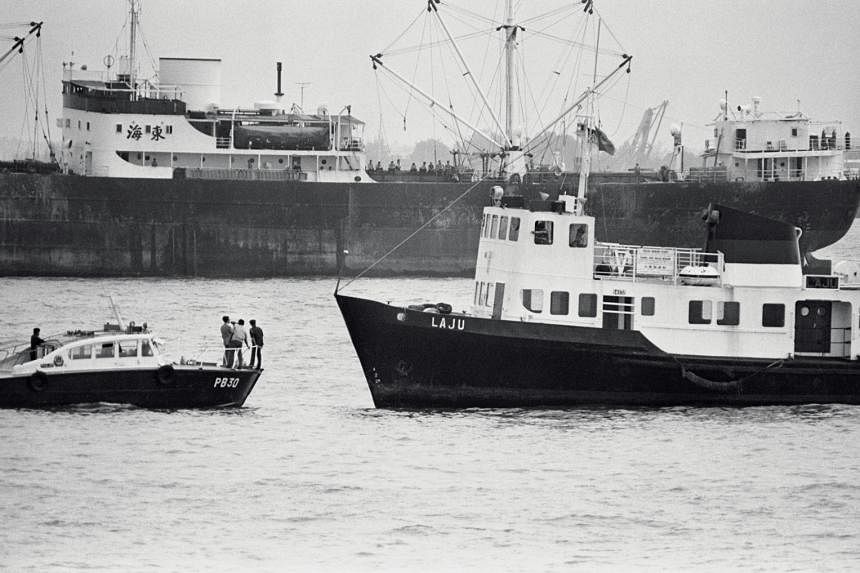Fifty years ago, on January 31, 1974, four men armed with submachine guns and explosives invaded the Shell refinery on Bukom Island off Singapore’s south coast. They attempted to blow up three oil tanks, but only succeeded in burning one of them before the alarm was raised. To escape, they hijacked a ferry and steered it into international waters.
After Singapore’s security forces cut off the escape routes, the besieging attackers took five of the ferry’s crew hostage, held them at gunpoint, and threatened to detonate the remaining explosives. A tense eight-day standoff ensued, which became known as the Raju Incident, after the ferry’s name.
But this was never about ferries or localized disputes. What happened in Singapore half a century ago highlights how seemingly distant events still connect us, and sometimes violently pull us away from stability. Fifty years later, the connections remain and the echoes of the Raju attack still reverberate.
Why? It begins with the demands and identity of the “Bukom Bomber” as it was known at the time.
Ferries, refineries, and the Middle East
From the ferry, the attackers sent scrawled messages explaining their mission and motives. The goal was to cripple the Bukom refinery, the largest in the region and providing fuel for the US war in Vietnam.
Two of the attackers were members of the Japanese Red Army, and the other two were members of the Popular Front for the Liberation of Palestine (PFLP). Both groups were notorious at the time for carrying out violent attacks around the world.
The Raju affair concerned the role of the United States in the region and the presence of Western multinationals in Singapore. It was also related to the Palestinian issue. Founded in 1967, the PFLP ideologically linked the Palestinian struggle to a broader revolt against Western imperialism even before the Iranian revolution. The left-wing Japanese Red Army cooperated with many groups such as the PFLP in aircraft hijackings and acts of terrorism. The most notorious attack was the 1972 massacre at Israel’s Lod airport, which killed 26 people.
News of the Bukom attack and confrontation made headlines in Singapore and around the world.
